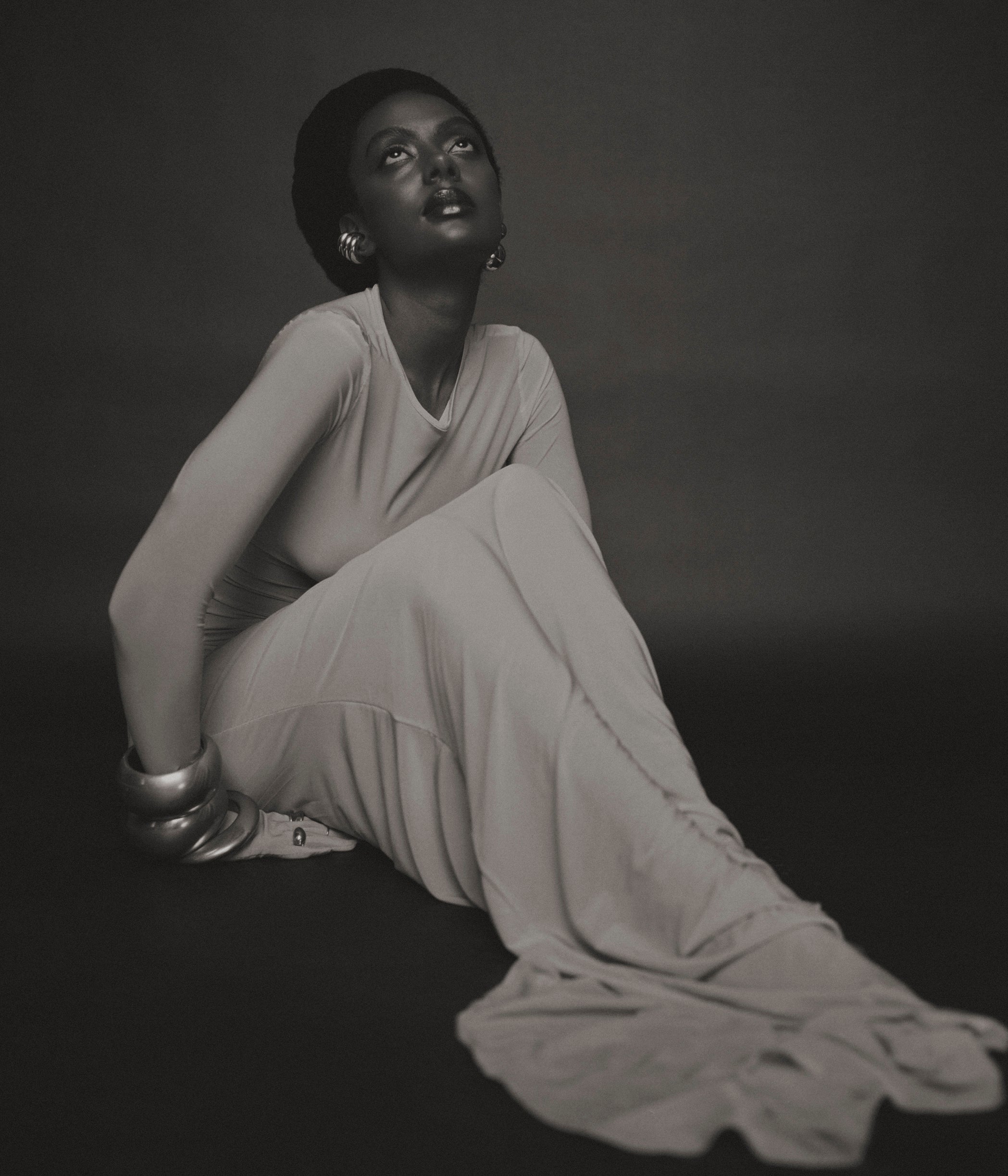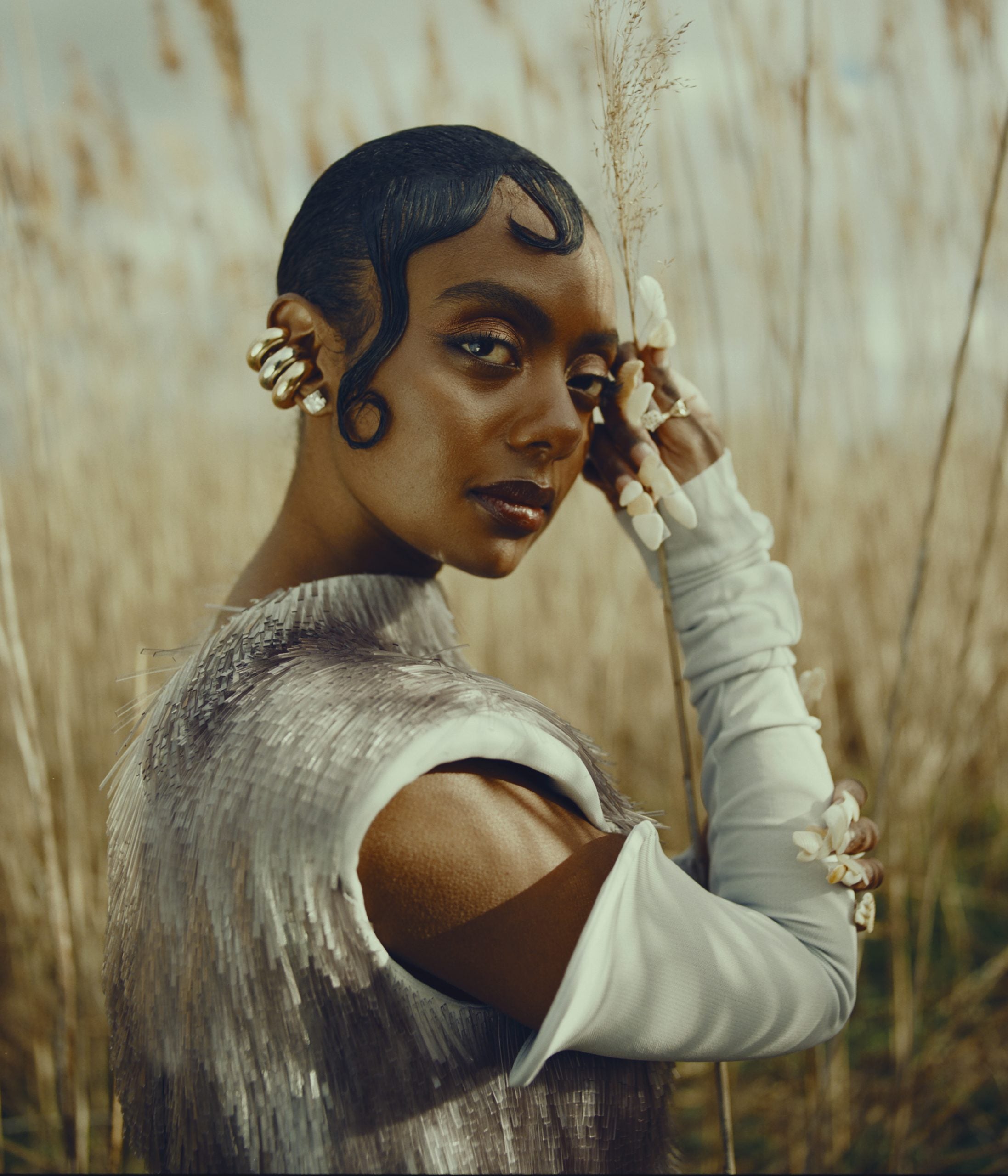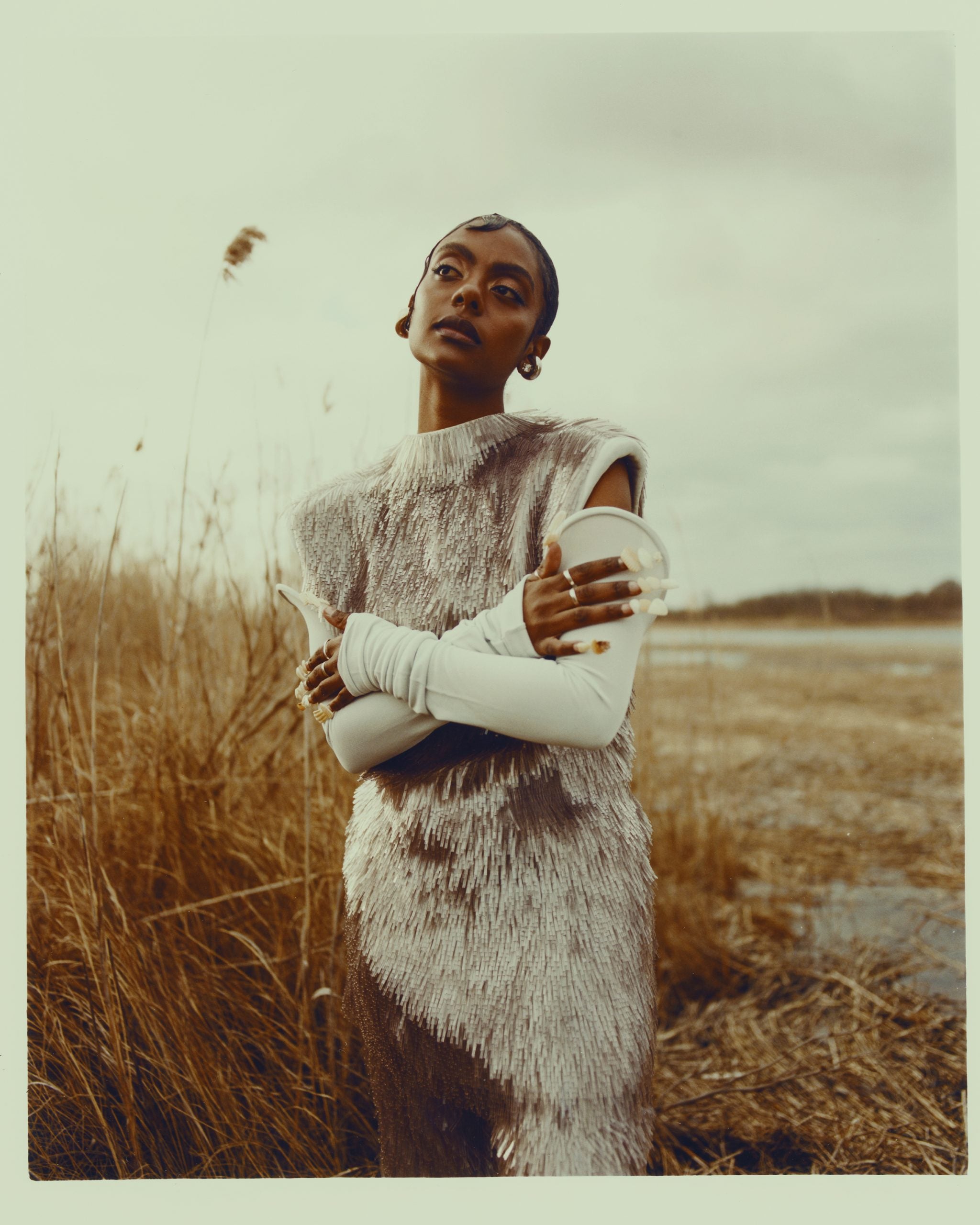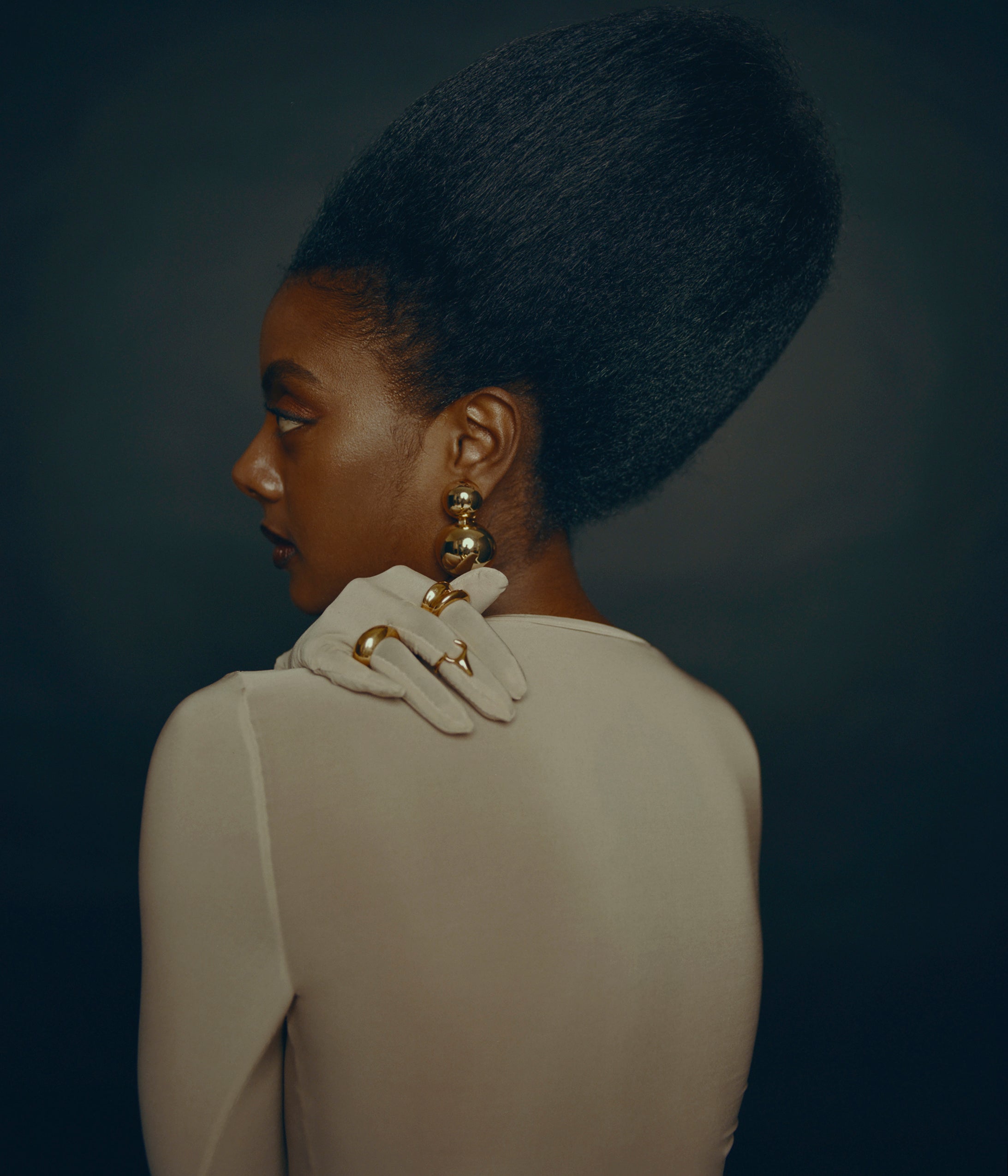
What does visibility look like? Growing up in Ethiopia, SheaMoisture Grant-winning filmmaker and artist Herrana Addisu’s life’s work has been devoted to shedding light on women in conflict and beauty standards in her home country. This is also the case in her recent film River, supported by Tina Knowles. “[River is] a story I’ve been writing in my head my whole life because it’s the existence and livelihood of my childhood,” Addisu tells ESSENCE.

After winning the Blueprint Grant last August, SheaMoisture sponsored her creative agency Chucha Studios to produce the film, actualizing a narrative the Black community can relate to. Honing in on culturally-sensitive and political themes—from water and education access to ancestral lessons, forced marriage, and beauty standards—Adisu took the funds back to Ethiopia (to collaborate with the local production house Qene Films) to tell her story.
“I wanted the film to have complicated conversations that we don’t always have in this day and age,” she says. For example, Ethiopian stick and poke body tattooing (called “Niksat”) is a common tradition strung through each of her pieces. “Growing up, I always thought it was so beautiful,” she says. “But, there is this sense of resentment towards it because a lot of women didn’t feel like they consented to having a permanent tattoo.”

Tapping into cultural and traditional views of beauty, she recalls the spiritual icons of Black hair in Church as a leading theme as well. “Our old Bibles and imagery I grew up seeing are Black angels and they have mini Afros,” Addisu says, which she included on the actors next to braids, scarves, and blow outs. “My visibility of Blackness was so apparent to me that I wanted to also showcase that in the film.”
As an artist, however, she also embodies the beauty she captures. After shooting the film in Ethiopia, Adisu returned to New York to be shot in a photo series adjacent to River. “[Photographer] Kendall Bessent had this idea to test my limits of doing this cone on my head,” she says. “It’s very easy to push those boundaries to a certain extent when you’re behind the lens and then to be in front of it.”

In one photo, she props her chin on a jewelry stand with a bouffant hairdo, while in another she’s in spit curls on a river landscape, which is in reference to the life source of the film. “Water streams in the global south, especially in Utopia rivers, are very essential not only in rural communities but urban communities as well,” she says.
However, the river is also a source of vulnerability for women, subject to violence, kidnapping, and trafficking when they fetch water. “I felt like that was such a strong catalyst to tie in the whole aspect of the film.”

CREDITS:
Model: Herrana Addisu
Stylist: Willyum Beck
Hair: Niko Weddle
Makeup Artist: Marta Mariotti
Assist: Andre Williams







